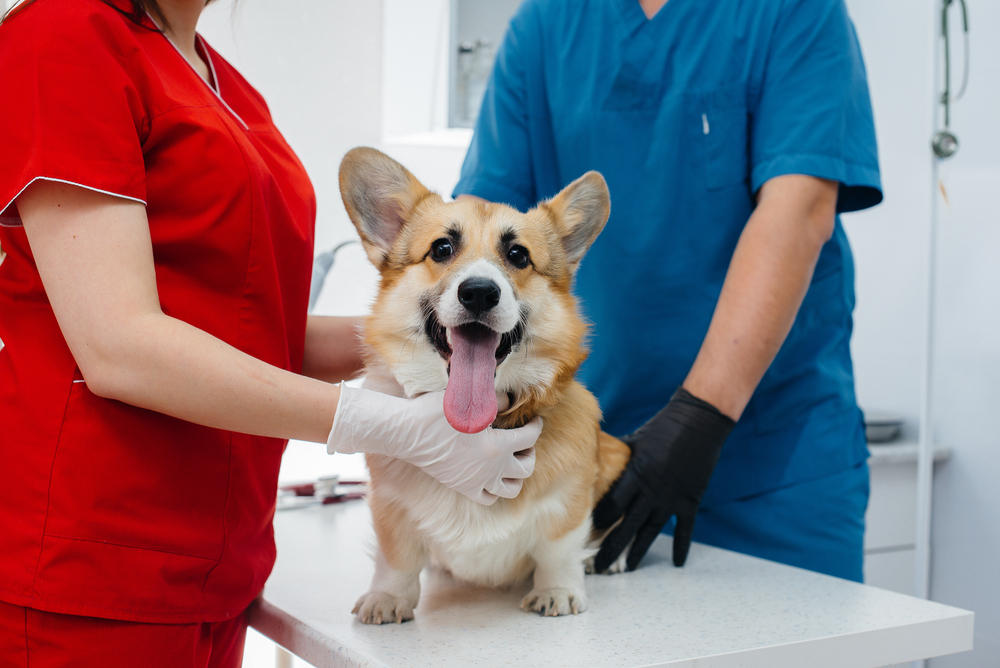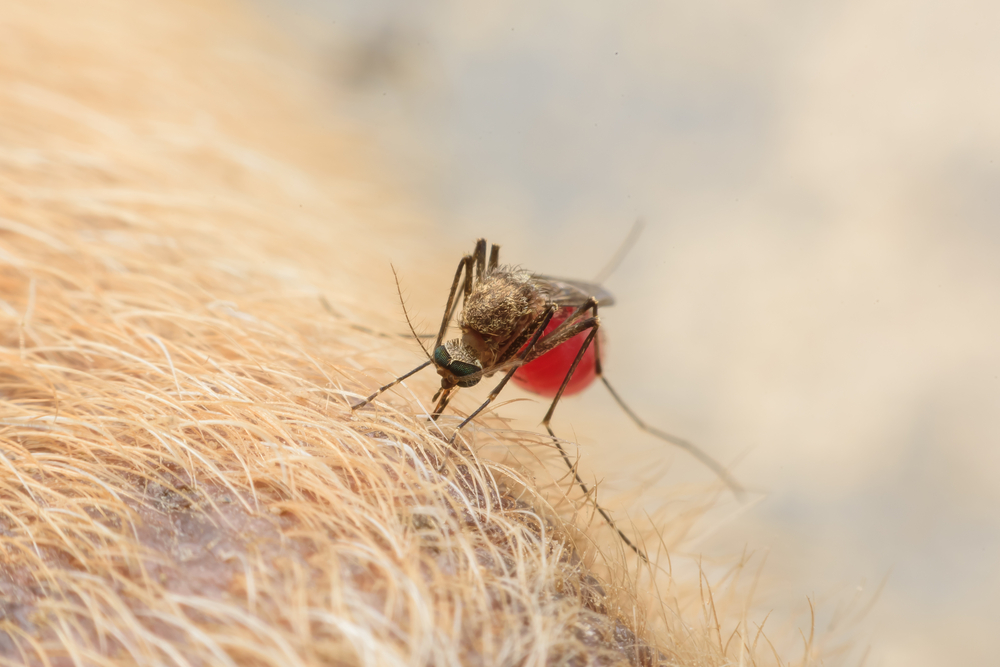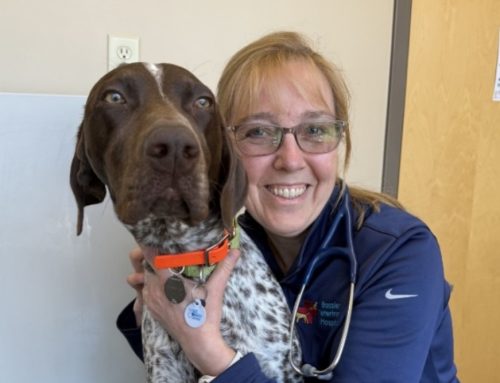Heartworm disease is not a condition to be ignored. Capable of causing much more serious health problems than a typical “worm” disease like a roundworm infection, heartworm disease can be fatal for cats and dogs. Questions abound about this mosquito-borne illness, so our Bassler Veterinary Hospital team wants to clear up any confusion you may have about this disease and its effect on your pet.
Question: What is heartworm disease in pets?
Answer: Heartworm disease is transmitted to pets through the bite of an infected mosquito. From the bite site, immature heartworms, called microfilaria, wriggle their way into your pet’s bloodstream and swim toward their heart and lungs, creating turbulence in the blood vessels that damages blood cells and vessel walls. As the worms grow and mature—reaching up to 12 inches in length—the damage they wreak increases, causing clotting and scarring, and narrowing the blood vessels.
Q: Is my indoor pet at risk for heartworm disease?
A: All pets are at risk for heartworm disease, which can affect any mammal. Although your feline friend may never venture a paw outdoors, they are still susceptible to a heartworm infection, because mosquitoes can slip in through open doors, windows, or tears in screens, and infect your unsuspecting pet. We recommend all pets receive year-round heartworm preventives to avoid this deadly disease.
Q: Are people susceptible to heartworm disease?
A: Fortunately, heartworms do not thrive in the human body. People can still be infected through the bite of an infected mosquito, but the parasite cannot survive in the human bloodstream.
Q: What are heartworm disease signs in dogs?
A: If your dog has been bitten by an infected mosquito, signs may take months to appear. Mild to moderate disease is displayed by an occasional cough and fatigue after moderate activity. As the disease progresses, you may notice your dog has a sickly appearance, a persistent cough, and tiredness after mild activity. Difficulty breathing and other heart disease signs are common at this stage. Left untreated, heartworm disease can damage your pet’s heart, lungs, liver, and kidneys, eventually causing death.
Q: What are heartworm disease signs in cats?
A: Heartworm disease signs in cats encompass a range of issues. Nonspecific signs may include:
- Vomiting
- Decreased activity
- Anorexia
- Weight loss
Unlike dogs, cats rarely show heart failure signs, instead displaying respiratory signs that are the result of lung damage caused by the growing heartworms. Heartworm-associated respiratory disease (HARD) appears in cats as trouble breathing, an increased respiratory rate, and a cough, which are signs similar to feline asthma.
When the adult heartworms die, they release toxins into the cat’s bloodstream, causing lung damage and leading to respiratory problems, or sudden death. The death of only one worm can be fatal for a cat.
Q: How are pets tested for heartworm disease?
A: Annual heartworm tests are recommended to ensure your pet’s preventive is being administered properly and working correctly. A few drops of blood will tell us if your pet has a heartworm infection. The heartworm test detects antigens, or proteins, released by the adult female heartworm, which can be detected in the bloodstream as early as five months after an infected mosquito’s bite.
Q: What’s the best protection for my pet from heartworm disease?
A: Since heartworm disease requires a lengthy, often difficult, treatment for dogs, we recommend that all pets be protected appropriately year-round. For cats, no heartworm treatment is available, making prevention more critical. Fortunately, a variety of options can ensure your pet receives the necessary prevention method. Our team can recommend the heartworm preventive best for your pet’s lifestyle.
Q: Why do heartworm preventives require a prescription?
A: Federal law requires a heartworm preventive prescription, because giving this medication to pets who already have heartworm infections can cause serious illness or death. For your pet’s safety, Dr. Bassler needs to assess their heartworm status before prescribing medication.
Q: What should I do if I miss a dose of my pet’s heartworm preventive?

A: If your pet’s heartworm protection has lapsed, consult with Dr. Bassler as soon as possible. Depending on the time of the lapse, we may recommend testing your pet immediately, or restarting your pet on a heartworm preventive. We will also likely recommend that your pet be tested for an active heartworm infection in six to seven months after the lapse occurred.
Don’t leave your pet unprotected this spring. Stock up on heartworm prevention products by scheduling your furry pal’s wellness exam and heartworm test. Give your Bassler Veterinary Hospital team a call to schedule an appointment.








Leave A Comment